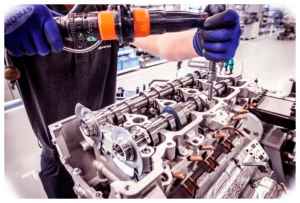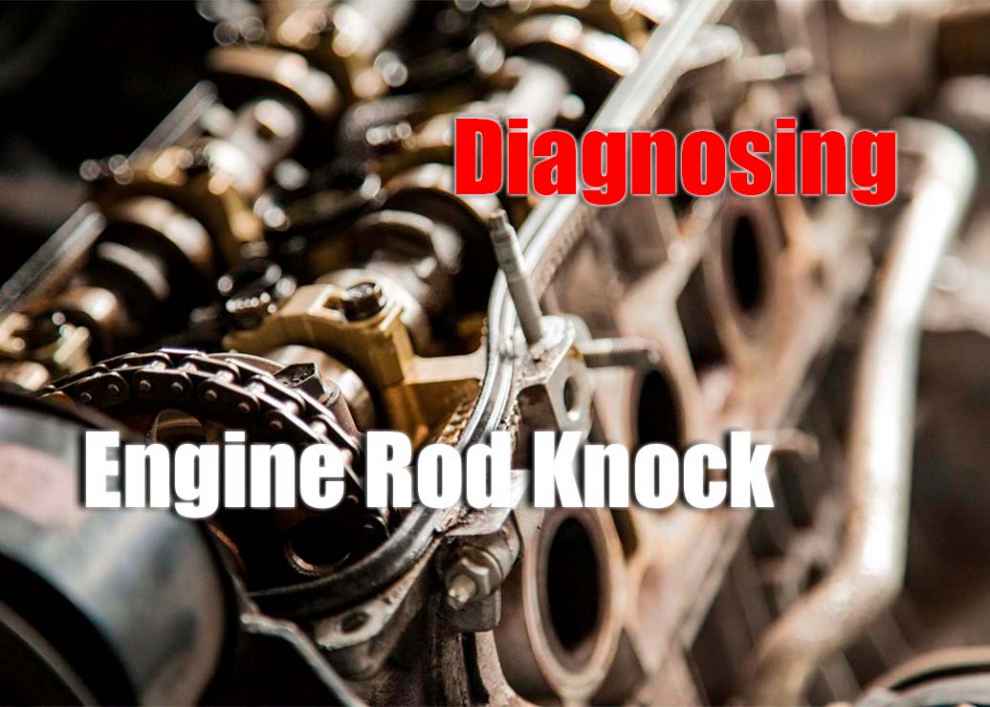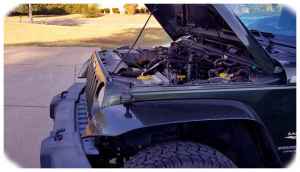A rod knock is a common engine problem that can cause considerable damage to your vehicle if left unchecked. It occurs when one or more of the connecting rods in the engine is loose or worn and creates knocking noises within the engine. This typically happens when an increase in engine speed and load causes the piston to move faster, resulting in a loud, clacking-like sound coming from under the hood. In this article, we will look at what a rod knock sounds like its possible causes, and how it can be diagnosed and fixed.
What Does Rod Knock Sound Like?

Causes of Rod Knocking
There are several possible causes of rod knocking in an engine, including:
-
Worn or Damaged Connecting Rod Bearings: Connecting rod bearings hold the connecting rods and piston together. Over time, these bearings can become worn and damaged from wear and tear, resulting in a loose connection between the two components. This can cause a rod knock as the pistons move faster than the connecting rod bearings can hold them in place.
-
Lack of Engine Oil or Poor Lubrication: If there is too little oil in the engine or if it is not properly lubricated with fresh oil, it can cause excessive friction between the moving parts, which can lead to a rod knock sound.
-
Overheating or High Engine Temperature: When an engine overheats due to lack of coolant, improper coolant levels, or other issues with cooling system components, it can cause metal parts to expand, which may result in some parts coming loose and creating a loud knocking noise when running at high speeds.
-
Engine Misfires or Detonation: An engine misfire or detonation (spark plug firing at the wrong time) could cause a piston to move faster than normal, resulting in abnormal pressure on the connecting rods, causing a rod knocking sound.
How to Diagnose Engine Rod Knocking?
The first step in diagnosing a rod knock is to raise the hood and listen for any unusual noises within the motor. If you hear any repetitive knocking or clunking sounds from the engine, you may have a rod knock issue. Next, it is important to check your engine oil level and viscosity and ensure that it is up to date with recommended levels. If all appears normal with the oil levels and viscosity, then it may be time to take your car to a professional mechanic so they can inspect and diagnose further. Also read what is high engine hours to understand how extensive engine use can impact your vehicle’s condition and potentially contribute to issues like rod knocking.
How to Fix Rod Knock
The best way to fix a rod knock is to replace the worn parts in the engine. This could include replacing the pistons, rings, bearings, and connecting rods. The entire process can be quite costly, depending on what needs to be replaced and how extensively damaged the affected components are. Once all the necessary parts have been replaced, following a regular maintenance schedule for your vehicle is important to avoid any future problems.
Conclusion
Rod knocking is a common engine issue that can cause serious damage to your vehicle. By understanding what it sounds like and the possible causes, you can be more aware of potential problems and prevent them from worsening. If you suspect that your car has a rod knock issue, take it to a professional mechanic as soon as possible so they can properly diagnose and fix the issue before any further damage is done.

 Overheating or High Engine Temperature: When an engine overheats due to lack of coolant, improper coolant levels, or other issues with cooling system components, it can cause metal parts to expand, which may result in some parts coming loose and creating a loud knocking noise when running at high speeds.
Overheating or High Engine Temperature: When an engine overheats due to lack of coolant, improper coolant levels, or other issues with cooling system components, it can cause metal parts to expand, which may result in some parts coming loose and creating a loud knocking noise when running at high speeds.
Add Comment